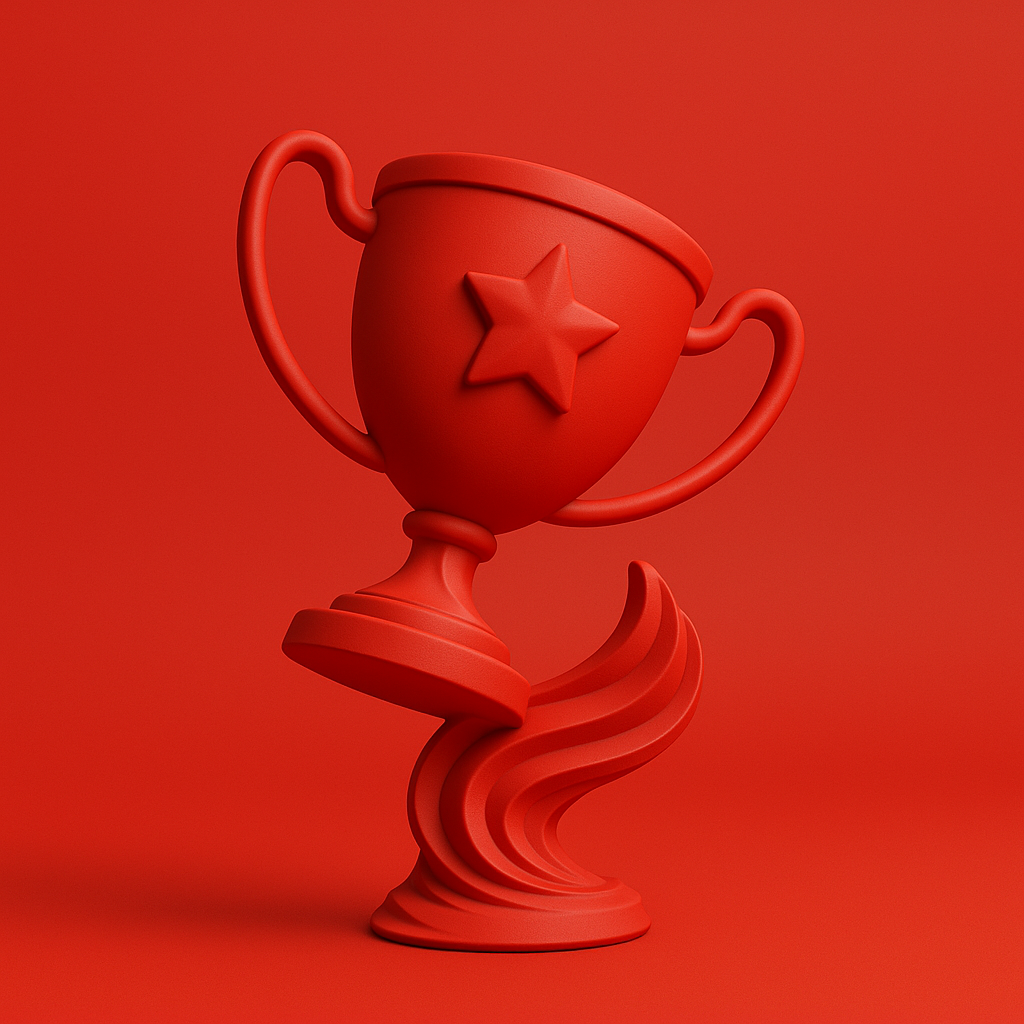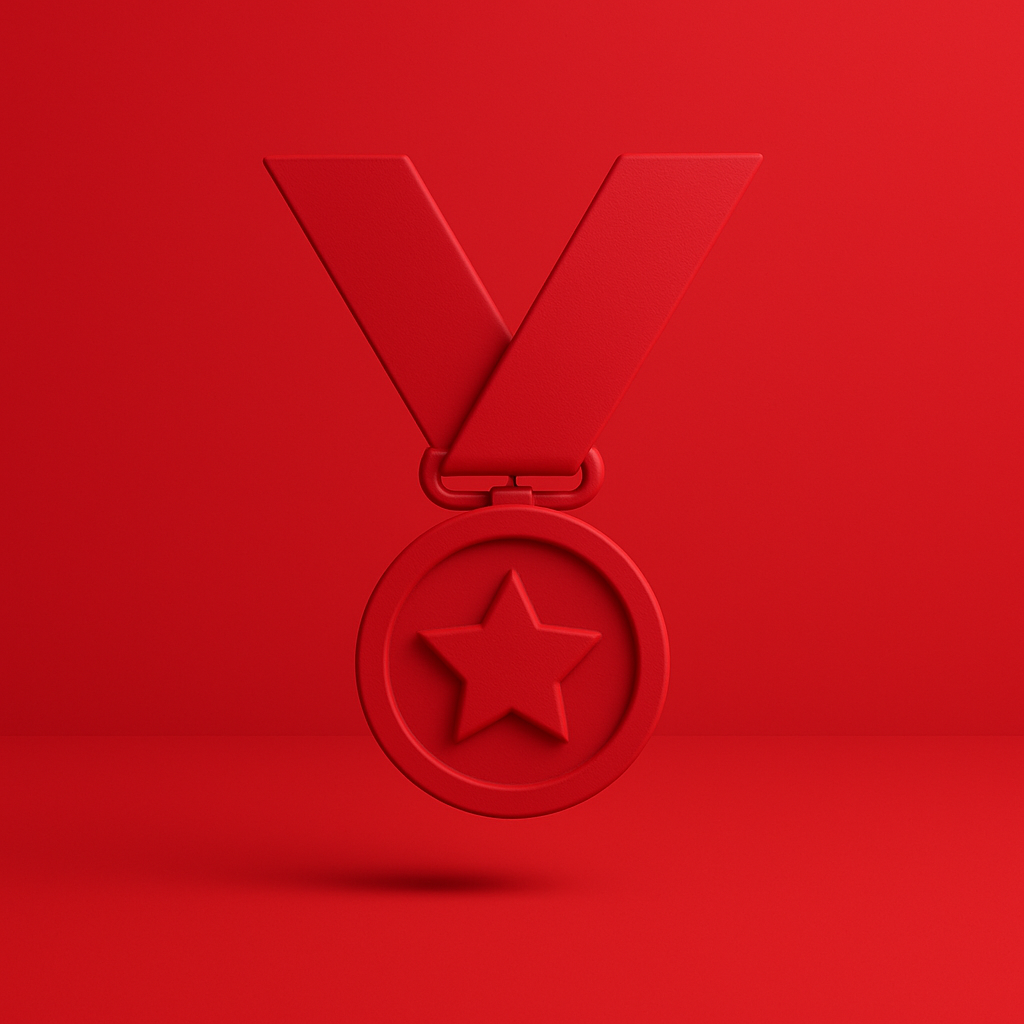
Results from a unique global metastudy on corporate rankings by F.A.Z. Institute and R.A.T.E.
In June this year, "MIT Technology Review" crowned Nvidia Corporation the world's "smartest company," with Adidas as the top German firm ranking at number 36. Also in June, LinkedIn named Alphabet, Google's parent company, the world's best employer, with Siemens ranking 14th. In August, Thomson Reuters declared Contact Energy Ltd., a New Zealand-based energy supplier, the global benchmark in diversity and inclusion; Deutsche Post DHL was ranked 26th.
Whether or not you agree with these findings, their messages reach millions worldwide, shaping public perception positively or negatively based on each company's rank.
Hundreds of rankings are published annually, and their number continues to grow due to the increasing availability and ease of collecting corporate data. Demand is also rising, as rankings provide simple answers to complex questions, influencing stakeholders—from graduates seeking a career start with reputable employers to customers choosing sustainable suppliers.
For corporate communications, this means addressing rankings even if they question the survey methodology or motives behind them. Ranking results must be contextualized to avoid misguided internal and external conclusions—potentially detrimental ones.
Microsoft overtakes Google
How are German companies performing in key rankings? How well do they navigate politically and economically turbulent times, and how have recent scandals impacted their reputations? The annual "Global R.A.T.E. Index" addresses these questions, analyzing and consolidating results from 150 of the world's most visible rankings. It serves as an indicator of how multinational corporations perform in global reputation rankings and the most important national lists from major economies (Brazil, China, Germany, France, the UK, India, Italy, Canada, Japan, USA). The Index also forms the basis for the "Global Ranking Champion" award, presented for the second time at the German Brand Summit in October 2017.
The top three spots remain dominated by tech giants: Google, Apple, and Microsoft. However, Microsoft claimed the top spot this year due to consistently strong results—11 number-one positions—and greater overall visibility, being listed in more rankings than any other company. Additionally, Google's separation from Alphabet, now ranked separately, cost last year's winner points, placing them second.
Microsoft's success is driven by its strong corporate brand, consistently ranking in the top five in all brand evaluations. It capitalizes on this advantage in employer rankings among students across nearly all surveyed markets. Moreover, impressive placements in diversity and innovation rankings—both fact-based (patents, research spending) and perception-based (e.g., PwC's Global 1,000 Innovators)—further boosted its standing.
BMW Remains Top DAX Corporation
BMW Group maintained its status as Germany's leading corporation, featuring in 56 out of 150 rankings, with strong visibility beyond its home market. Notably, BMW achieved first place in six rankings, although SAP topped more rankings (eight number-one spots), but lower overall presence and weaker placements positioned SAP eighth in the DAX comparison.
A major success for BMW includes its placement in Fortune's "The World's Most Admired Companies," remaining the only German corporation in the cross-industry Top-50-All-Star list, determined by nearly 4,000 executives and board members worldwide.
BMW also continues to excel in sustainability, despite slight declines. It remains industry-leading, securing first place in the Dow Jones Sustainability Index but slipped overall, ceding its top spot in Corporate Knights' "Global 100 Most Sustainable Companies" to Siemens, dropping to 16th place. Future rankings will reflect ongoing developments like the diesel scandal, typically manifesting in delayed effects.
Airbus Again Best in MDAX
Airbus again topped MDAX companies, appearing in 35 rankings, twice as many as second-placed Metro AG. Strong in employer rankings, particularly among engineers, Airbus excelled in innovation primarily due to fact-based rankings. However, it did not appear in perception-based rankings, indicating a communication opportunity to strengthen its public innovation narrative.
Rankings appear across numerous fields, predominantly where viable business models exist, such as employer ratings. Institutes like "Great Place to Work" and university market researcher "Universum" have established profitable global studies. The German competitor Trendence recently paused many rankings following an acquisition, while LinkedIn and Glassdoor expand, pressuring competitors like Kununu.
Brand and reputation rankings, dominated by global entities such as the "Reputation Institute" and Interbrand's "Best Global Brands," are second with over 30 publications. New national competitors in China, India, and South America are increasingly relevant.
CSR rankings rank third with 22 publications, largely driven by global research institutes like RobecoSam, MSCI, and Vigeo, catering primarily to investors. However, uncertainty surrounds Newsweek's "Green Ranking," delayed significantly this year, possibly due to shifting political priorities in the Trump era.
FastCompany introduced a new "Pay-for-Play" approach, charging companies to participate in its "World's Most Innovative Companies" ranking, a notable change from previously editorially-driven selections. It remains to be seen how this affects the quality and transparency of rankings. As long as selection processes remain fair and transparent, this could positively drive more objective rankings led by journalists and independent experts.




